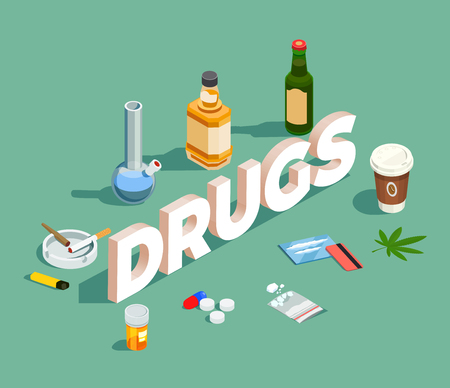
سازمان بهداشت جهانی استفاده از طیف وسیعی از گزینه های درمانی در زمینۀ وابستگی به مواد مخدر را توصیه می کند. این گزینه ها شامل درمان نگهدارندۀ مخدرهای مشابه (و نیز داروهایی مانند متادون و بوپرنورفین) است که از قوی ترین شواهد در زمینۀ اثربخشی و مقرون به صرفه بودن، و همچنین درمان و حمایت روانی، اجتماعی و درمان دارویی با آنتاگونیست های افیونی (مانند نالترکسون) برخوردار است. سازمان بهداشت جهانی از کشورها در بهبود پوشش و کیفیت برنامه های درمانی وابستگی به مواد مخدر و اجرای آن در مناطقی که این دست برنامه ها وجود ندارد، حمایت می کند.
سازمان بهداشت جهانی، همچنین دستورالعمل هنجاری را به منظور ترویج استفادۀ مناسب از مواد مخدر در زمینۀ درد و مراقبت تسکینی صادر می کند. استفاده و تنظیم مناسب مسکن های شبه مخدر تضمین می نماید که این مواد در صورت لزوم در دسترس بوده و در عین حال از انحراف و آسیب ناشی از سوء استفاده نیز جلوگیری می نماید.
منبع:
https://www.who.int/news-room/fact-sheets/detail/opioid-overdose
WHO recommends the use of a range of treatment options for opioid dependence. These include opioid agonist maintenance treatment (with medicines such as methadone and buprenorphine), which has the strongest evidence of effectiveness and cost-effectiveness, as well as psychosocial treatment and support, and pharmacological treatment with opioid antagonists (such as naltrexone). WHO supports countries in improving the coverage and quality of treatment programmes for opioid dependence and introducing them where they do not already exist.
WHO also issues normative guidance to promote the appropriate use of opioids for pain and palliative care. Appropriate use and regulation of opioid analgesics ensures that they are available where needed whilst preventing their diversion and harm related to misuse.
Resource:https://www.who.int/news-room/fact-sheets/detail/opioid-overdose


